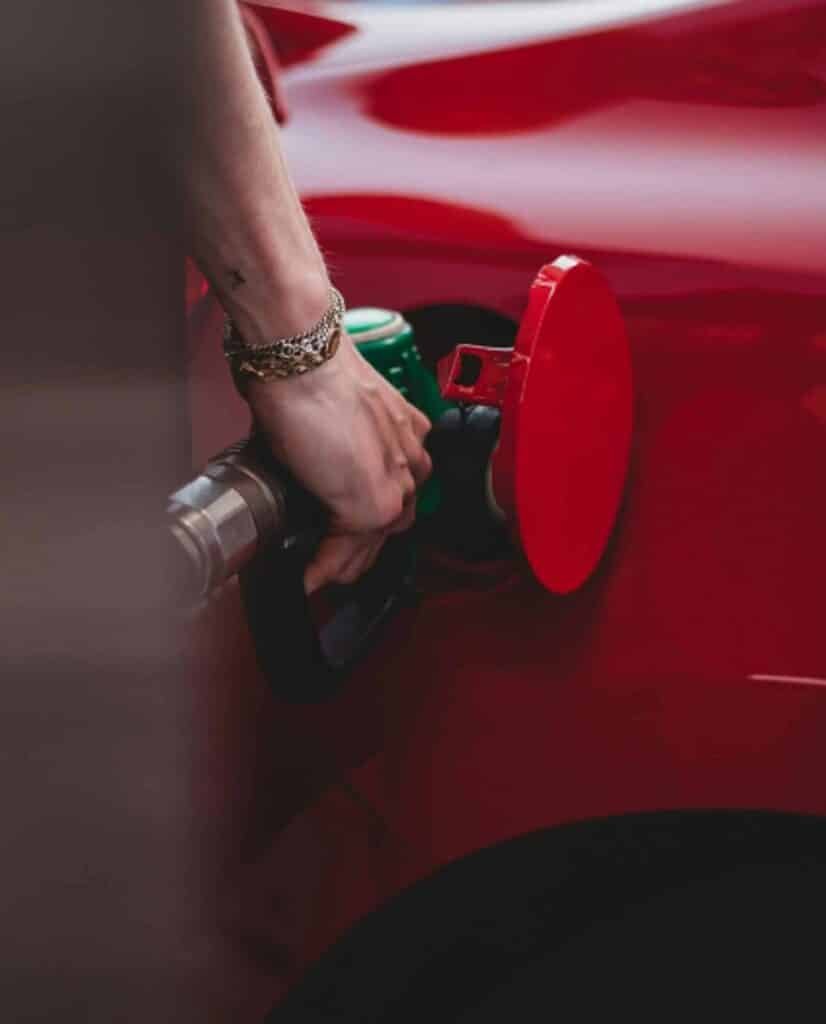When it comes to the smooth functioning of a vehicle, the fuel pump plays a crucial role. It is responsible for supplying fuel from the tank to the engine, ensuring proper combustion and performance. However, if the fuel pump fails, it can lead to various risks and complications that can affect both the vehicle and the driver.
Engine Stalling
One of the most immediate risks of driving with a failed fuel pump is engine stalling. When the fuel pump fails, it is unable to deliver the necessary fuel to the engine, causing it to lose power and eventually shut down. This can occur unexpectedly, leaving the driver stranded in the middle of the road or in a potentially dangerous situation.
Poor Performance
A failed fuel pump can also result in poor vehicle performance. Without a proper fuel supply, the engine may struggle to generate enough power, leading to sluggish acceleration, reduced speed, and overall decreased performance. This can make it difficult to maneuver the vehicle safely, especially in situations that require quick acceleration or deceleration.
Overheating
Another risk associated with a failed fuel pump is engine overheating. When the fuel pump fails, the engine may not receive enough fuel to maintain the optimal temperature. This can cause the engine to overheat, leading to potential damage to various components, such as the cylinder heads, gaskets, and pistons. Overheating can also increase the risk of a breakdown and leave the driver stranded in an inconvenient or unsafe location.
Fuel Contamination
In some cases, a failed fuel pump can result in fuel contamination. When the pump malfunctions, it may not be able to filter the fuel properly, leading to the accumulation of debris and contaminants in the fuel system. This can cause clogging and damage to other components, such as the fuel injectors and fuel lines. Contaminated fuel can also affect the combustion process, resulting in poor engine performance and potential damage.
Increased Fuel Consumption
A failed fuel pump can also lead to increased fuel consumption. When the pump is unable to deliver fuel efficiently, the engine may run lean or rich, causing an imbalance in the air-fuel mixture. This can result in excessive fuel consumption, as the engine compensates for the lack of fuel by burning more fuel than necessary. Increased fuel consumption not only leads to more frequent visits to the gas station but also puts a strain on the vehicle’s fuel system and can lead to other issues over time.
Conclusion
Driving with a failed fuel pump poses several risks that can impact both the vehicle’s performance and the driver’s safety. From engine stalling and poor performance to overheating, fuel contamination, and increased fuel consumption, the consequences of a failed fuel pump can be significant. It is crucial to address any signs of a failing fuel pump promptly and have it repaired or replaced by a qualified mechanic to ensure the safe and efficient operation of the vehicle. Read more about this is fuel pum failure increases your risk of being involved in crash.

